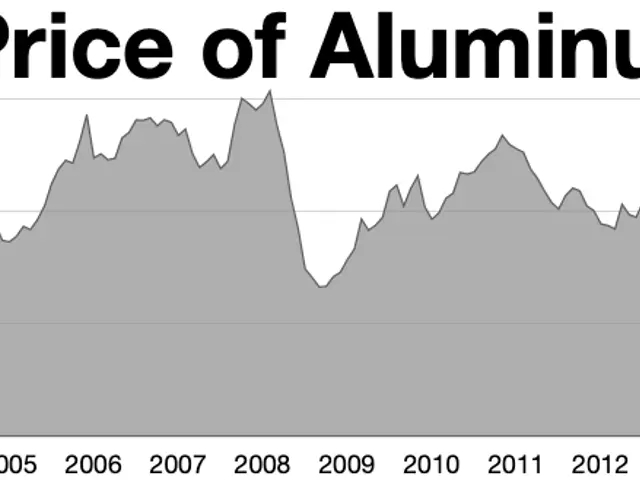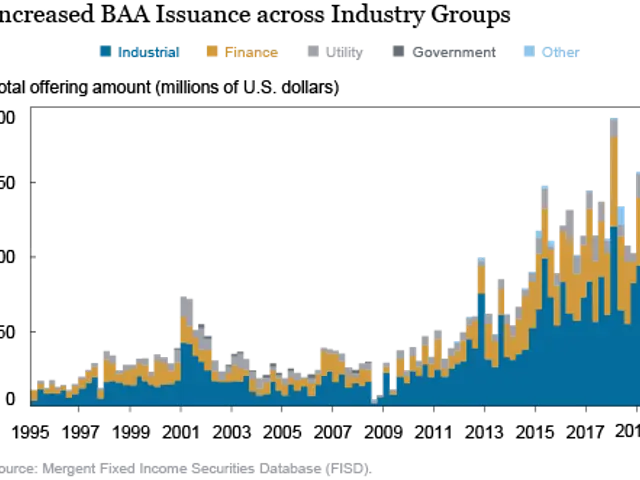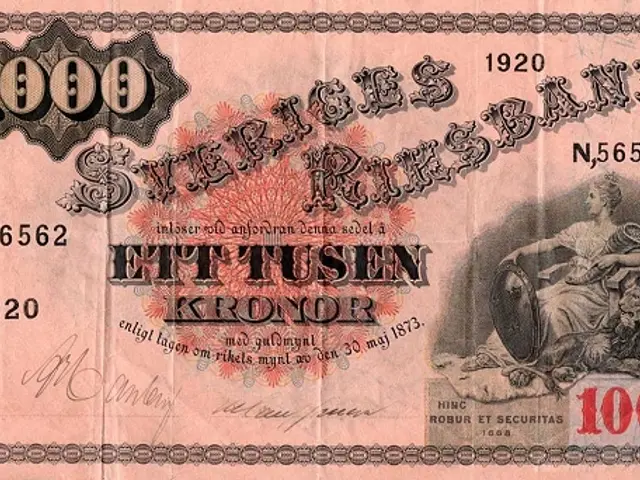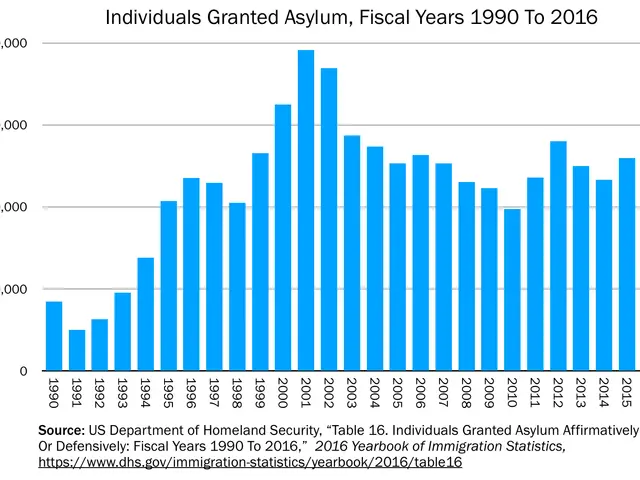Germany's Economy Stalls: Growth Slumps, Costs Soar, Nationalization Considered
Germany's economic landscape is facing significant challenges. The country has slid to the bottom of OECD growth rankings, while industrial production remains below pre-pandemic levels. Meanwhile, businesses grapple with rising costs and artificially high electricity prices, with some considering nationalization and industry protection measures.
The German economy's decline is stark, with nominal GDP growth projected at a mere 3.5 percent this year. Real GDP growth is forecast to be just 0.3 percent, and the budget deficit is expected to reach 4.2 percent of economic output. To stimulate growth, the government plans to inject €21 billion in new debt, aiming for €17.5 billion in nominal growth, but only €1.5 billion in real growth.
To ease the burden on companies, politicians are exploring measures such as nationalizing steel companies and mandating the auto industry to purchase domestic steel. However, the Federal Network Agency's proposal to abolish the 'bandwidth load discount' for energy-intensive industries could add €1.42 billion in costs, further straining businesses.
Germany's economic recovery faces headwinds, with stagnant growth and a widening budget deficit. While the government seeks to boost growth through debt injection, businesses struggle with rising costs and potential new levies. To revitalize the economy, bureaucratic streamlining and targeted support for industries are crucial.
Read also:
- India's Agriculture Minister Reviews Sector Progress Amid Heavy Rains, Crop Areas Up
- Over 1.7M in Baden-Württemberg at Poverty Risk, Emmendingen's Housing Crisis Urgent
- Life Expectancy Soars, But Youth Suicide and Substance Abuse Pose Concern
- Cyprus, Kuwait Strengthen Strategic Partnership with Upcoming Ministerial Meeting







